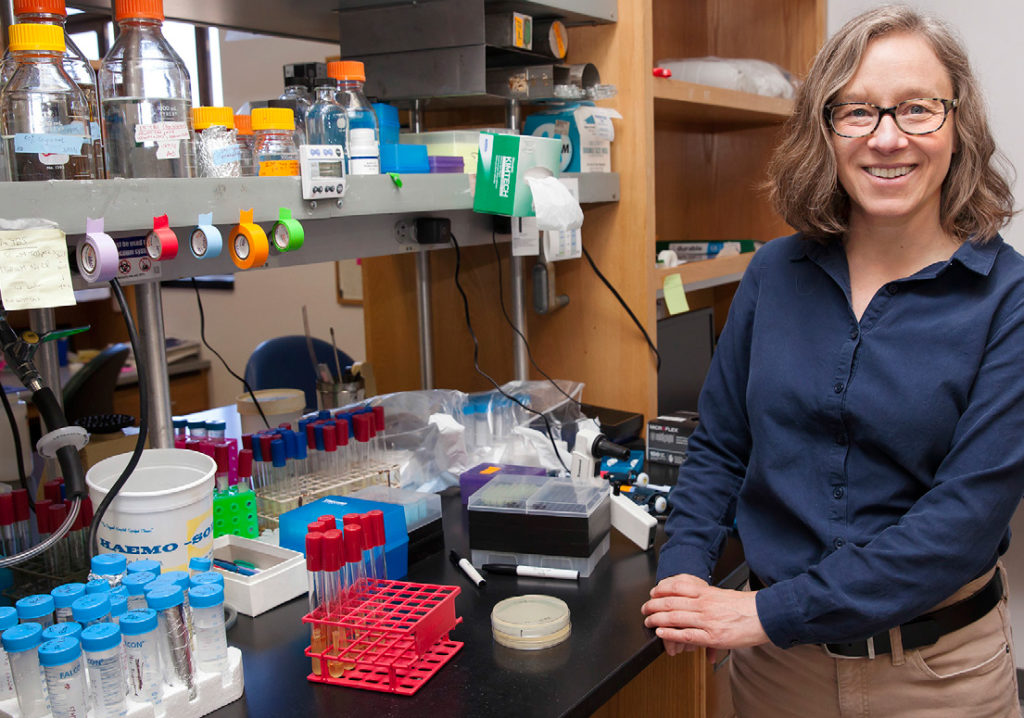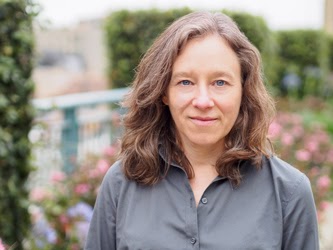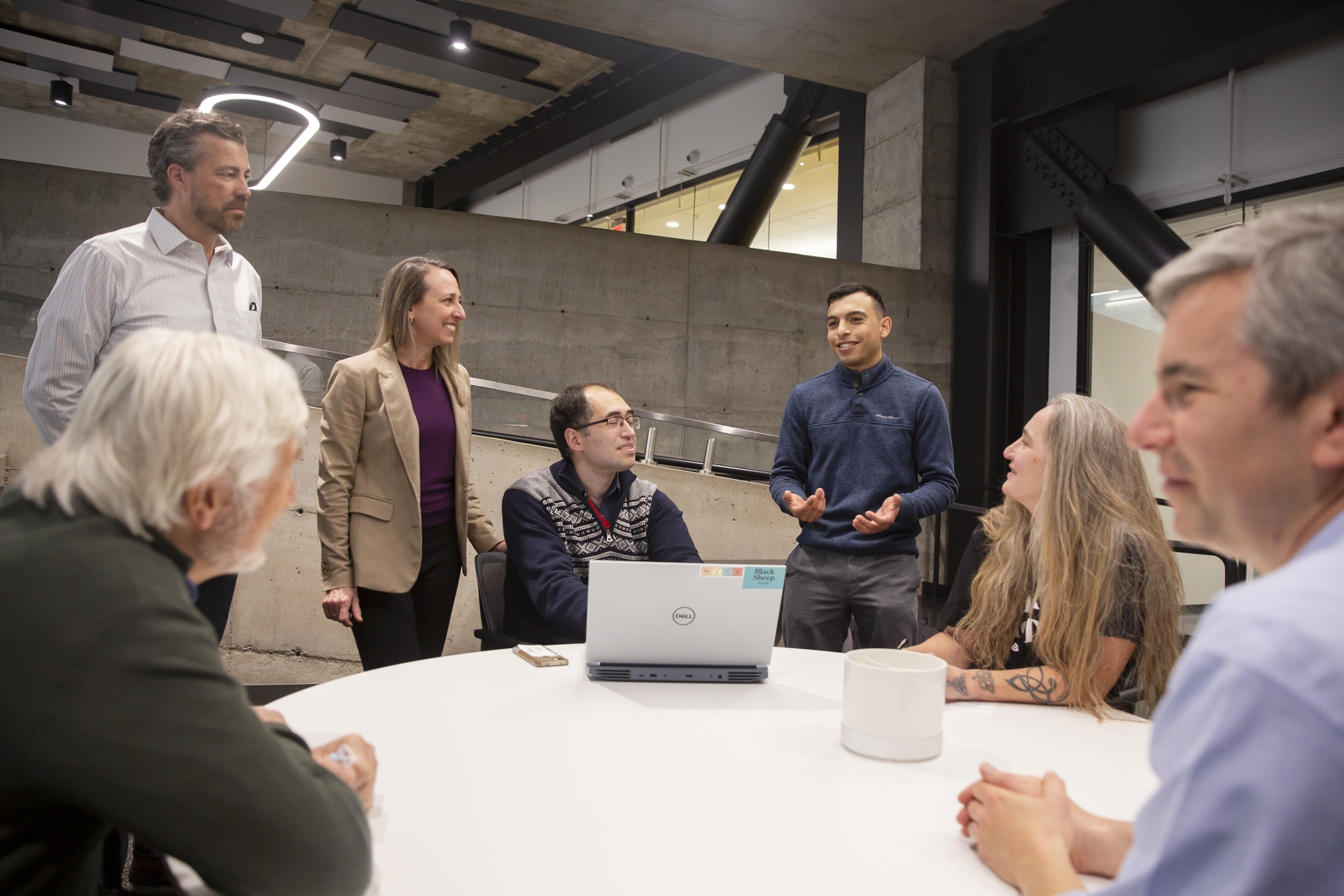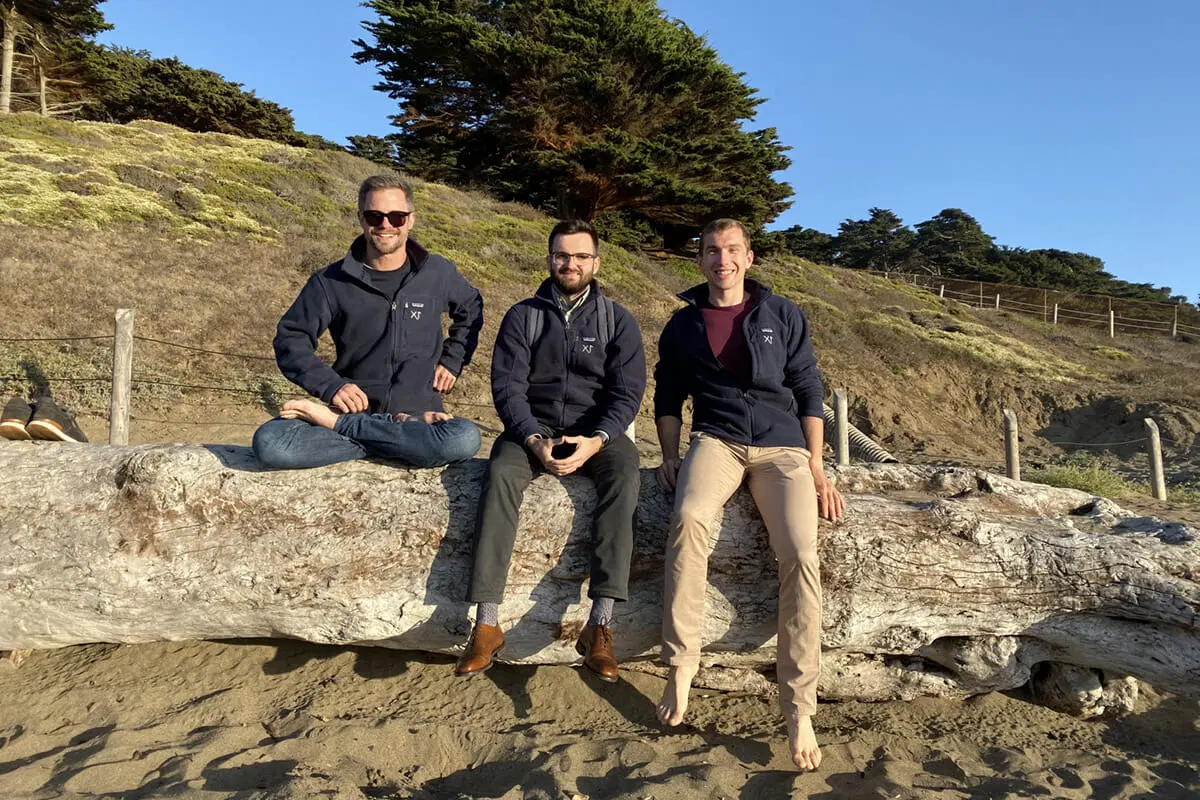From DNA to RNA to KaRNAteq
By: Matilda Holtz and Ravi Patel
Kathleen Collins, PhD., breaks down her journey in academia and industry from her passion for generating practical healthcare solutions to the art of pitching and perfecting the technology she designs.

DNA to RNA to protein: the central dogma of molecular biology. But RNA may be so much more important than an intermediate step, so KaRNAteq, a rising biotech startup, is flipping this process on its head. Professor Kathleen Collins, the co-founder of KaRNAteq, inc., has developed novel methods of profiling non-coding RNA to help scientists and healthcare professionals discover the information these nucleic acids may harbor about how diseases are progressing and responding to treatment. KaRNAteq technology harnesses the properties of reverse transcription to capture and analyze RNA.
Collins came to the bioengineering field before the biotech industry really started to boom. Coming from a long line of academics, she intended to pursue academia and rise through the ranks on the traditional PhD-to-postdoc-to-professor path. “I was through grad school before I realized I could do something else”, Collins recalls. And rise she did; after completing her PhD in biology at MIT and a postdoctoral fellowship at the Cold Spring Harbor Laboratory, Dr. Collins became a faculty member of UC Berkeley’s Molecular and Cell Biology department. Through her research, contributing to technology that serves a need remained a passion.
“I really like solving puzzles,” Collins explains. “I have a graduate school classmate who I’d get together with and pitch ideas to.”
Kathleen Collins, PhD.
One of these ideas was KaRNAteq.
KaRNAteq – short for “Kathy’s RNA company” – is a young operation, but Collins and her cofounders come armed with a wealth of knowledge and mastery in the biotech market and molecular biology. She describes the magic formula: “It’s the combo skill sets of a serial startup company founder and investor, a serial chief business officer, and me.” Decades of experience in RNA-sequencing and reverse transcriptase research meant that KaRNAteq wasn’t starting from scratch; the team knew where to look to unlock the tools to access non-coding RNA: “Having a very good grounding in education from a PhD, knowing the research, helps you realize what’s feasible.”

Developing KaRNAteq in a university setting also came with important entrepreneurship resources, one being the Bakar Fellows Program, which supports faculty researchers in their quest to develop commercial solutions to problems in science and technology. Collins cites the funding as a big facilitation and vote of confidence for the company: “The Bakar Fellows award really enabled and funded us in surveying and finding better reverse transcriptases. And it gave me street cred!” she remarks. KaRNAteq has also been able to maintain jurisdiction over its own intellectual property thanks to the UC Berkeley Office of Technology Transfer, which licensed the technology developed with university funding back to the investors. “We have the rights to commercial use of the technology now,” Dr. Collins explains, “and people interested in KaRNAteq technology can come to us.”
One major difference between leading a lab and leading a company? User feedback, Collins says. The KaRNAteq team completed the NSF iCorps program, involving extensive customer discovery interviews that gave the company insight into how users would want to do beta-testing. “We thought they would want to make sequencing libraries in a single tube, with no PCR, nothing challenging for automation.” But, as it turned out, customers were interested in continuing their use of PCR rather than using reverse transcription to barcode libraries for multiplexed sequencing. The team was able to adapt their product early in development based on the feedback. In addition to user feedback, Collins emphasizes networking as vitally important in business and in academia. In both fields, individuals share their expertise and count on one another to get the lay of the land.
KaRNAteq is currently a small company, but size is not always a limitation. Without the obligations that come with big investors, Prof. Collins and her team can think outside the box and shoot for higher-hanging fruit in the RNA-sequencing field, like new approaches for mRNA profiling. “As soon as you take major funding, you’re on the clock.” Collins says. “Investors want to see results before you raise more money”. When the team does choose to grow, they’ll have a handle on what direction to proceed in and what’s possible in the field.
More information about Prof. Kathleen Collins’ research can be found at https://sites.google.com/berkeley.edu/kcollinslab





